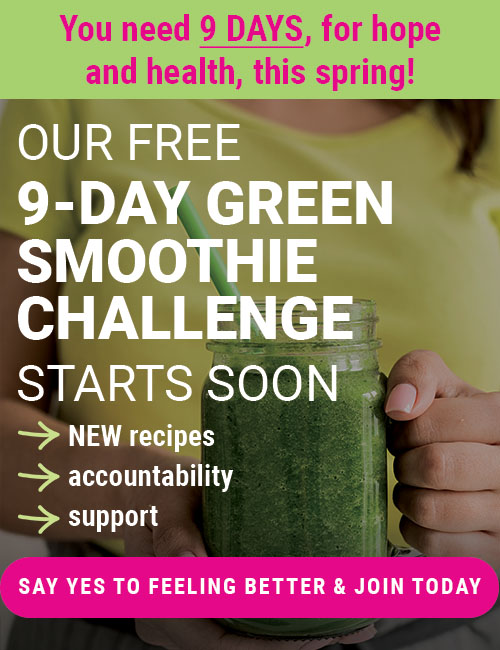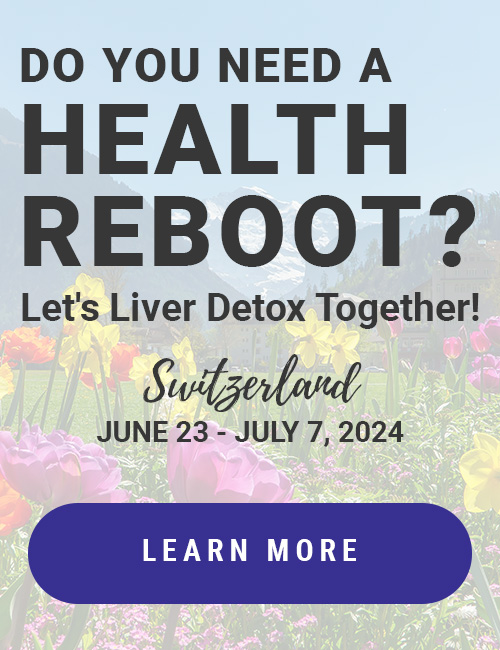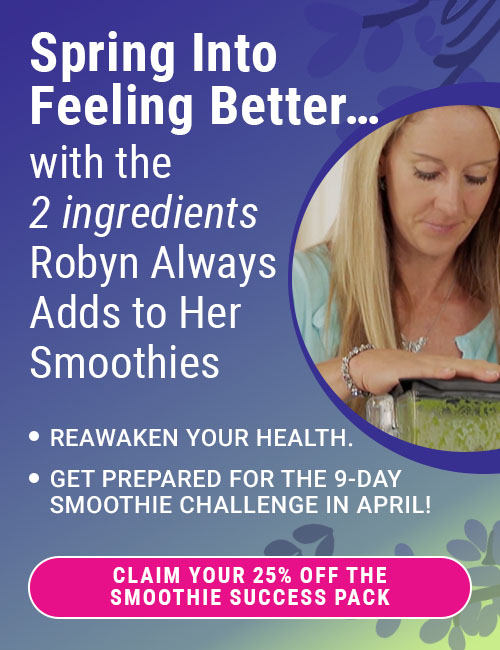What You Need to Know About Sleep
Do We Really Need 8 Hours Of Sleep?
Everybody knows sleep is critical. I’m going to hit just bullet points here about what the best research says about the subject, things many people don't know.
This used to be a huge issue for me because I didn’t fall asleep, and I didn’t stay asleep, starting when I was about 10. Insomnia was a major problem whenever I was stressed out, or even preoccupied about something.
Key to solving the problem was to turn my brain off by doing something relaxing before bed. (Stop working. Stop exercising. Don’t problem-solve hard things late at night. I don’t particularly like watching TV, but if I do it for 45 min. before bed, I fall asleep quickly.)
Also, I take melatonin, which you can get from a health food store. And finally, I get wonderful minerals in a chelation that goes quickly and directly to cells, in the form of humic and fulvic acid found in Ultimate Minerals.
I don’t do anything in my bed except sleep. The idea around this habit is that you train your psyche to associate sleep with the bed. (I can think of one exception to this rule, but I’m single. Enough said.) It’s wise not to spend a lot of time reading, eating, and watching TV in your bed, if you have insomnia. Do those things somewhere else.
This eight-hours-of-sleep thing we’re told is necessary is fairly random. The idea that we need eight hours is based on averages. In fact, research says people who get 9+ hours of sleep actually have a higher mortality rate. There’s nothing wrong with 7, or 6, hours of sleep. I never get 8 hours. Ever. And not because I’m too busy.
I fall asleep at 11 pm or so, and I wake up six hours later. (If I’m eating 100% raw food, I often wake up fully rested after 4.5 hours of sleep. This is because my body spent no energy during the night digesting food, and it has plenty of energy reserves.) I don’t even have an alarm clock. About once a year if I have to be up at 3 a.m. to go to the airport, I borrow a clock from my kids. How many hours you get is less important than that you get to complete sleep cycles. Sleep cycles are about 90 minutes long.
Six hours of sleep, when you wake up on your own, at the end of four 90-min. cycles, is more productive and results in being more rested, than 8 hours of sleep that tears you out of the REM part of your sleep cycle with a screeching alarm clock.
This is why sleep disorders (often caused by overweight) are so disruptive to health in many ways. If you go into REM (rapid eye-movement) sleep and get interrupted, you’re far more tired than if you got too-few hours of sleep.
An hour of sleep before midnight is worth two hours of sleep after midnight. Going to bed earlier (at 10 or 11) is very helpful to that end! And, discipline yourself to go to bed at the same time every night, to train your circadian rhythms. I am almost religious about going to bed at 11 p.m. One of the worst things you can do is to have a widely varying sleep schedule.
If you can carve out 15 minutes during the day to lie down and rest, or meditate, or sleep for 15 min., you can find yourself as rested as you would be if you took a serious nap. And studies show that those who meditate or rest twice a day sleep better at night. At least take a few minutes to shut your eyes. Eye rest can translate to overall rest.
Another technique that is really helpful is to isolate groups of muscles and contract them for 10 seconds, then deeply relax them. Feet, legs, and glutes, for instance. Head and neck. Shoulders, arms, and torso. This helps you focus on something very physical and simple, it creates a habit for bedtime that opts out of the day’s stresses, and it focuses the mind and body on relaxation. You complete the exercise prepared to sleep.
Another thing I do is to train my mind to go AWAY from problem solving and productivity, to my “happy places.” Once I was on Castaway Cay (Disney’s island) swinging in a hammock with my husband in perfect weather–as my children played close by–and I remember it as one of the happiest and most peaceful moments of my life. I go to that place in my mind and it helps me sleep. Or I go up Provo Canyon on my bike or my skis, in my imagination. That's my everyday “happy place.”
Sweet dreams!













